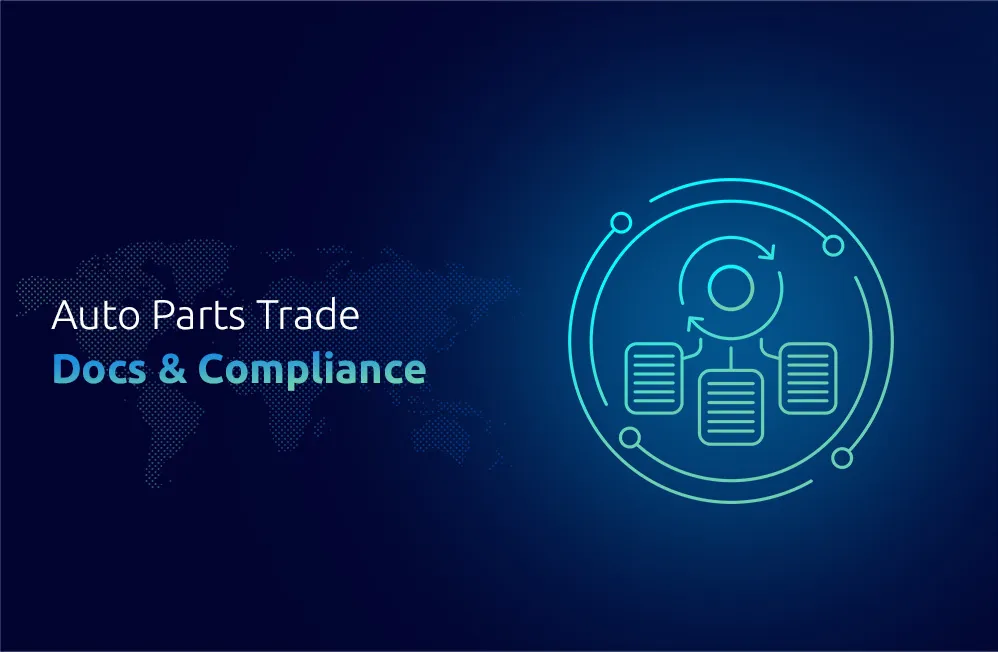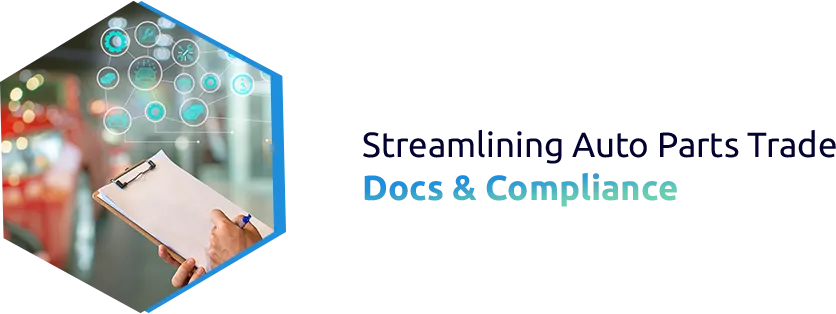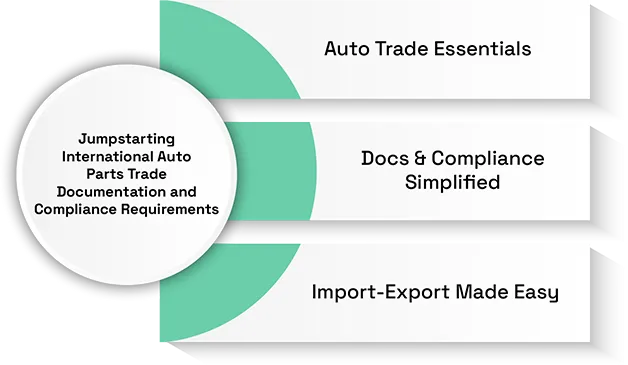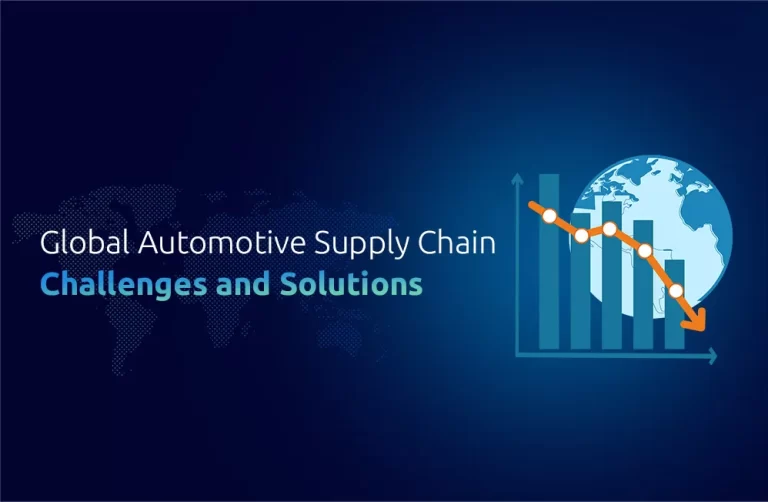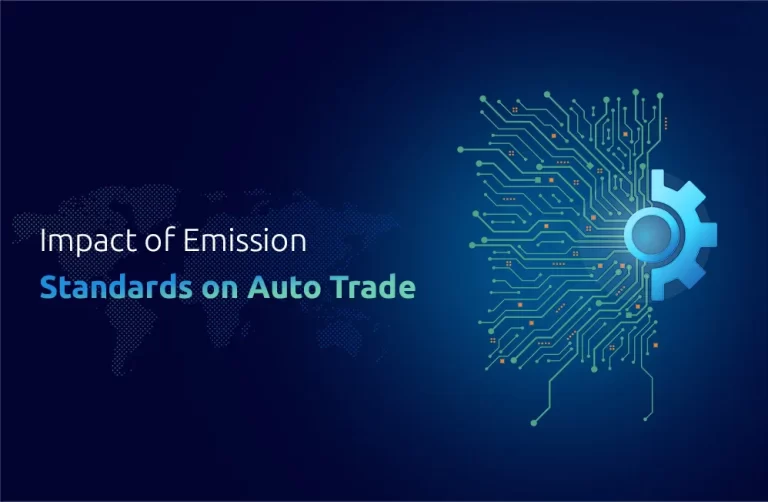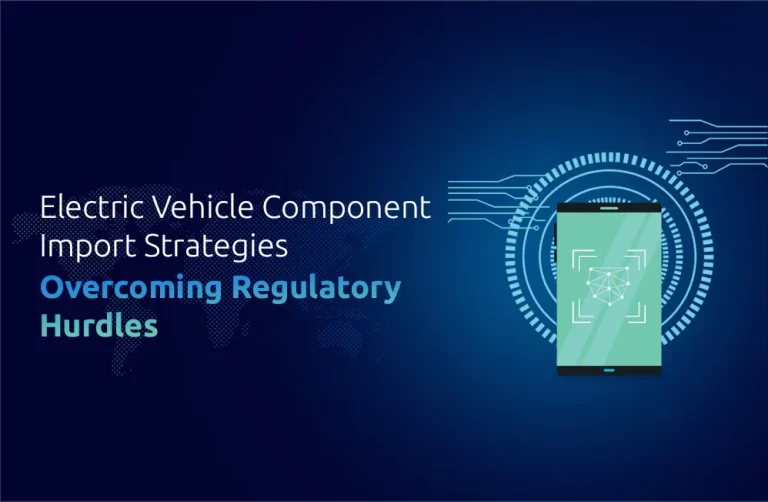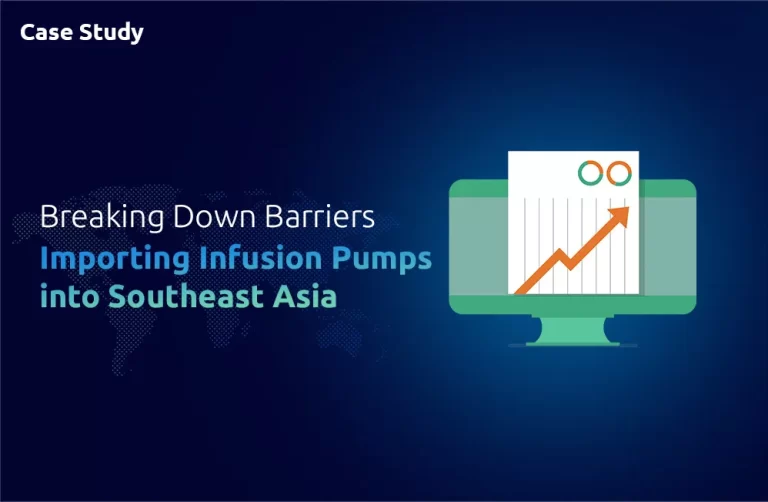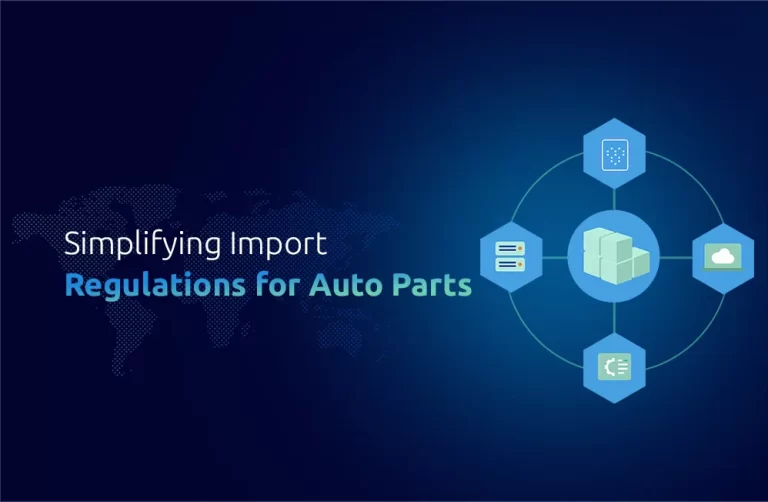Insight
International trade is a fundamental engine in present-day business operations of automobiles, aviation, IT/data centres, and medical equipment. Expanding businesses across international markets demand knowledge about documentation rules and compliance requirements for executing transactions while reducing customs delays and dealing with potential risks. Automotive parts need exceptionally precise attention to documentation standards and meet all regulatory criteria. Running an efficient trade requires companies to follow multiple legal requirements while handling export-import procedures and international agreements controlling border commerce.
The Importance of Documentation in International Trade
International trade operations rely on proper documentation for their foundation. The appropriate documentation allows shipments of auto parts to foreign partners while also controlling imported products through customs checks and meeting regulatory standards. Auto parts operating in aviation and medical equipment sectors must follow strict regulatory controls to verify safety and quality standards. The auto and medical equipment sectors must always understand required documentation because it helps businesses avoid shipment delays, regulatory violations, and financial penalties.
International trade demands four essential documents, including commercial invoices, packing lists, certificates of origin, and bills of lading. Businesses carrying out international trade must recognize the commercial invoice as their principal crucial trade document. The invoice provides all necessary details about auto parts trading, including type, quantity, and value and a thorough description. Customs authorities depend on this document to determine the necessary taxation for imported items.
The packing list contains detailed information regarding shipping container configurations and the dimensions of shipped auto parts. This document enables authorities to determine if unique handling methods should be used along with inspection requirements, particularly for big or fragile component shipments. The certificate of origin stands as one of the vital business documents.
The certificate reveals the country that produced or assembled the auto parts. Businesses under specific trade agreements need this document since it confirms their goods follow the origin country’s requirements while ensuring eligibility for tariff benefits. A bill of lading (BOL) originates from a shipping company to verify shipment receipt while presenting transport methodology details. BOL functions as ownership evidence to guarantee the delivery of auto parts as described in the agreement.
Compliance with International Trade Regulations
Businesses involved in international trade must follow all regulatory standards in exporting and importing nations. Businesses must maintain all goods to standards for safety, quality, and environmental concerns that the governments of both countries establish. The importation process for auto parts requires multiple inspections to check their adherence to mandated standards.
A company must track evolving regulations between nations since compliance standards often change from country to country. The U.S. Customs & Border Protection (CBP) maintains strict regulations regarding all automobile part importation in the United States. Part suppliers must fulfil the Federal Motor Vehicle Safety Standards requirements since these standards verify part safety levels for market use. The Food & Drug Administration (FDA) sets regulations for specific categories of auto parts used within the medical equipment sector to validate their necessary health and safety requirements.
The quality and safety regulations of automobile and medical equipment products in India extend to parallel systems operated by the European Union (EU) and Japan. Indian auto part quality control falls under the Bureau of Indian Standards (BIS) alongside medical device regulation services provided by the Central Drugs Standard Control Organization (CDSCO). Companies must receive valid certifications and approvals from authorized national regulatory bodies before conducting auto part exports or imports.
The Incoterms (International Commercial Terms) are fundamental rules for delivery costs and risk responsibility between sellers and buyers. The Incoterms provide essential legal terminology that clarifies how the seller and buyer must perform their duties according to delivery methods, cost-incurred responsibilities, and risk-sharing obligations regarding insurance and customs fees.
Customs Duties and Taxes
Automotive component importations require businesses to pay both customs tariffs and tax payments to another country. The amount of charges during import depends on the destination country, the part type, and its value. Businesses need to properly calculate fees for importation before including them within their trade documents. Failing to pay customs duties accurately leads to product delays, possible fines, & possible seizure of goods.
Businesses must use the Harmonized Tariff Schedule / HTS to determine customs duties for auto parts in the United States. This system bases assessments on product composition and use alongside the country of origin. Some countries establish agreements that allow companies to avoid customs duties for select auto parts when the goods fulfil defined origin criteria.
Business operations must evaluate value-added tax (VAT) as an essential tax element when trading across international borders. The European Union and various other nations apply Value-added Tax (VAT) rates on items that foreigners import through national borders. Businesses must consider VAT costs within their calculation systems and apply them to their pricing structures.
Ensuring Safe and Timely Delivery
The delivery of auto parts needs to remain prompt and timely, especially within international trade operations, because these elements play an important role during manufacturing, repair, and safety operations. Timely delays in shipping cause business opportunities to slip away, along with enhanced operational costs. International shipping requires businesses to collaborate with qualified logistics companies focusing on global delivery services. Businesses should consider all kinds of possible delivery schedule disruptions, including customs delays, alongside natural disasters and strikes. Logistics providers need to work with businesses to create realistic delivery timeframes accompanied by established contingency plans for unexpected problems.
Conclusion
Businesses planning to increase their operations need to understand the documentation and regulatory requirements of international auto parts trading for market entry success. Businesses that maintain proper documentation and follow trade regulations experience reduced risks and simplify operations with decreased potential for time-consuming delays. As a company dedicated to overseas trade support, we assist businesses by managing the complexities of global business trades through One Union Solutions’ operations.
Did You Know,
A WTO study shows that international trade of merchandise goods will expand by 3.5% in 2025, including the automobile and medical equipment markets. The categories of auto parts constitute major export segments for the United States and Germany throughout global markets.
FAQs
Which documents do businesses need most frequently for auto parts trading?
The most frequently needed business documents consist of commercial invoice packing lists, certificates of origin, bills of lading and import/export licenses. The documents represent fundamental requirements to execute customs clearance and satisfy regulatory standards.
What impact do customs duties have on the market for auto parts?
Tax regulations known as customs duties apply to imported commercial goods. Countries impose different payment requirements based on two factors: the nations where auto parts enter and the part type. Companies must verify correct tax payments because improper amounts can lead to penalties and delays during import procedures.
What specific purpose does international trade require certificates of origin to fulfil?
Producers must provide documents that validate the manufacturing location for their products. Trading agreements and tariff exemption opportunities require these documents as proof of origin.
Which procedures help businesses follow international trade rules?
Businesses maintain compliance through frequent updates of regulations from all nations involved in the export-import operations. A company must maintain all necessary certifications, including approvals, which must be ready before sending goods shipments.
Does your business understand Incoterms and their vital role in international trade?
Incoterms establish clear rules for which parties, between sellers and buyers, will handle each aspect related to delivery and risk during the shipment of goods. Incoterms serve multiple purposes by defining precise roles between businesses regarding their financial obligations connected to transportation, insurance, and customs payments.

